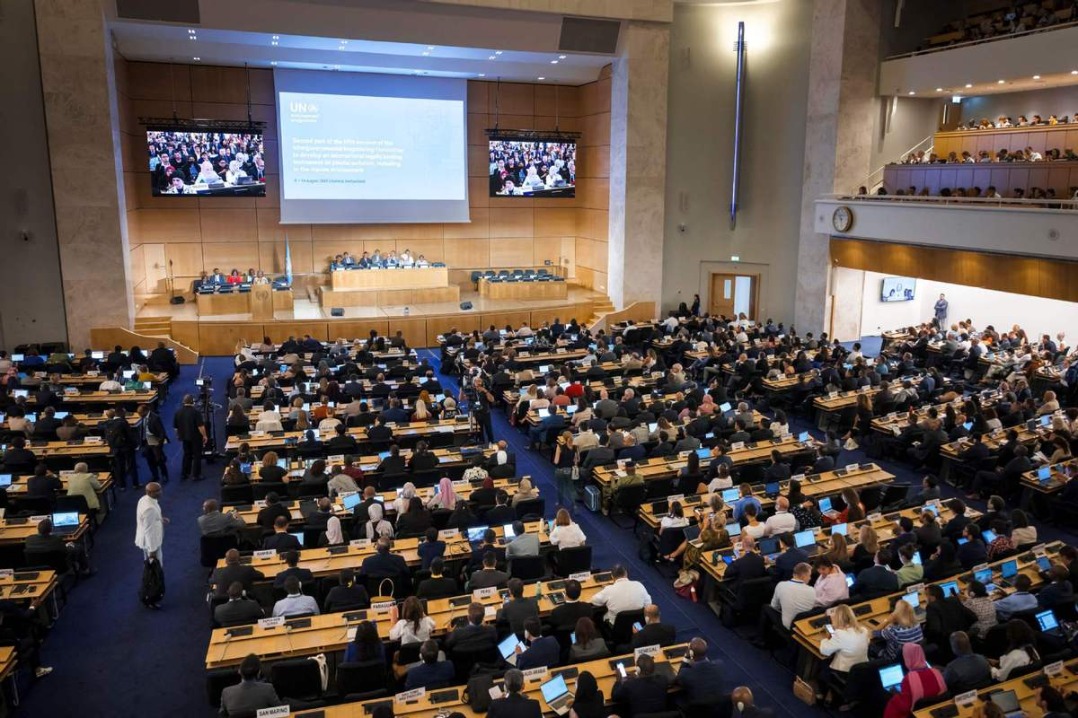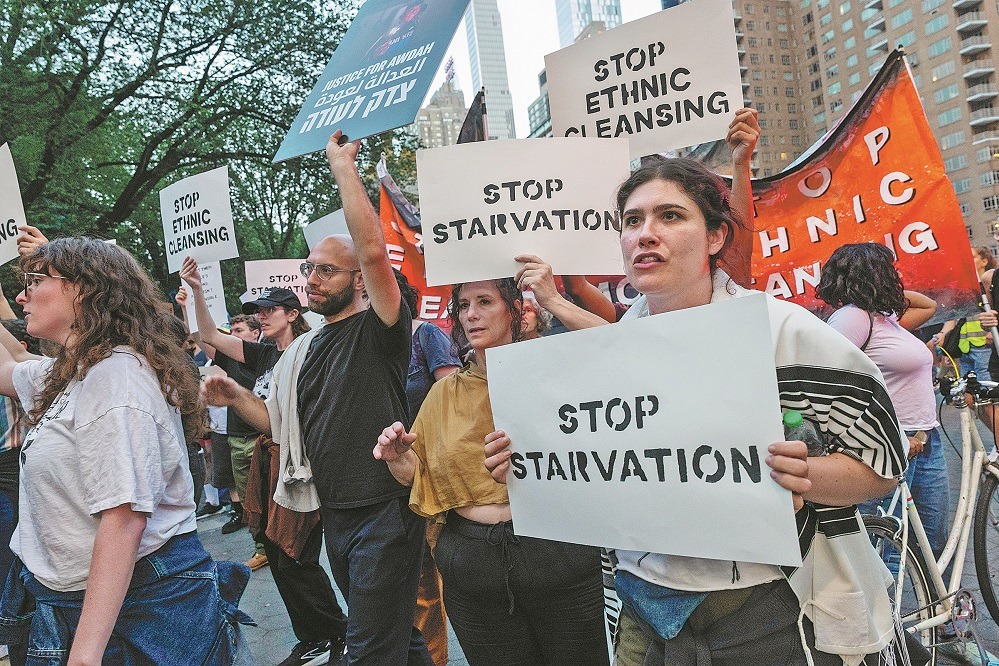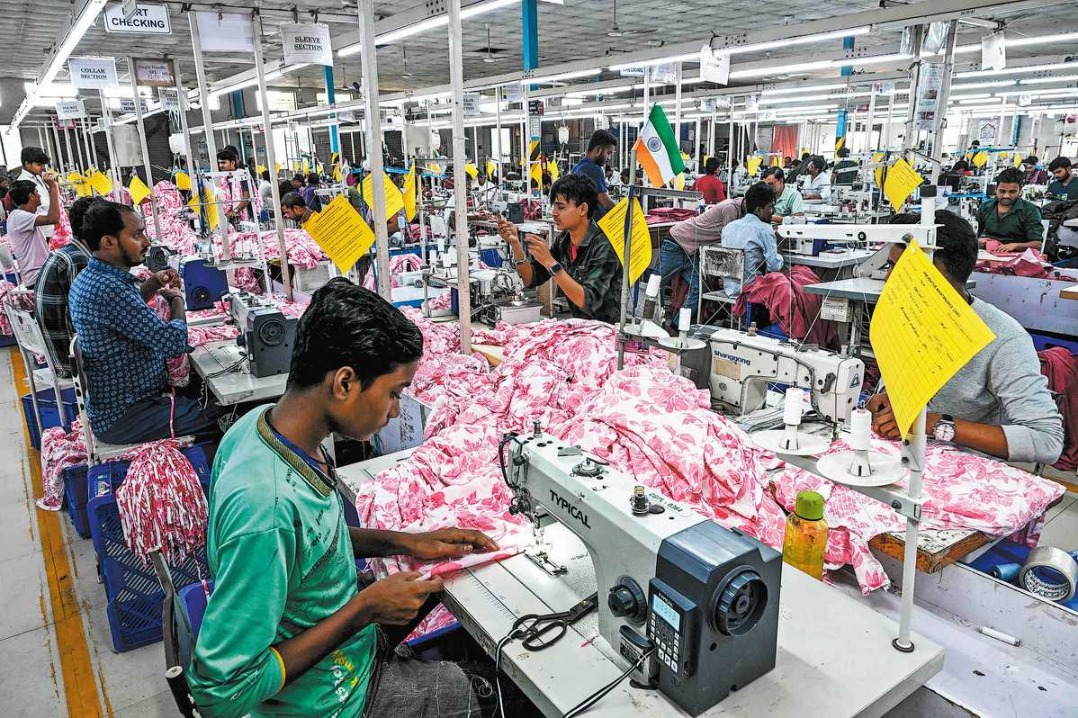EU suspends retaliatory packages in deal with US


The European Union will pause implementing two packages of retaliatory tariffs against the United States, as part of a trade agreement made between US President Donald Trump and European Commission President Ursula von der Leyen.
Following extensive trade talks, the EU has agreed to suspend a twin set of counter-tariffs for six months, starting from Tuesday, EU officials confirmed on Monday.
The delay affects two sets of reciprocal tariffs that were due to begin on Thursday: one package responding to US steel and aluminum duties, and another targeting Trump's baseline and automotive tariffs, reported Reuters.
"The EU continues to work with the US to finalize a Joint Statement, as agreed on July 27," an EU spokesperson said in a statement. "With these objectives in mind, the commission will take the necessary steps to suspend by six months the EU's countermeasures against the US, which were due to enter into force on Aug 7."
The agreement to delay tariffs seeks to ease transatlantic trade tensions and restore stability for businesses and citizens, stated the EU.
Von der Leyen and Trump reached a tariff and trade agreement on July 27 that set a 15 percent duty on EU goods to the US. This represented a reduction from higher tariffs that would have taken effect had negotiations failed to meet an Aug 1 deadline.
The European Commission, the executive body of the EU, has indicated that the US must now deliver on other elements of the deal, including on aircraft and aircraft parts, as both parties work toward finalizing their joint statement.
"This includes the commitment to decrease its Section 232 tariffs on cars and car parts imported from the EU to a 15-percent ceiling rate, as well as the specific treatment agreed for certain strategic products," stated a spokesperson for the commission.
According to White House officials, the July 27 agreement includes provisions where the EU "will remove significant tariffs, including the elimination of all EU tariffs on US industrial goods exported to the EU".
Trump claimed the European bloc had committed to purchasing $750 billion in US energy products and pledged to increase investments by $600 billion above existing levels.
Analysts have questioned the implementation mechanism for these commitments, noting the EU lacks the authority to direct private sector purchasing or investment decisions, reported CNBC.
An EU statement on the July 27 deal emphasized that the agreement was a political arrangement and "not legally binding".
"Beyond taking the immediate actions committed, the EU and the US will further negotiate, in line with their relevant internal procedures, to fully implement the political agreement," it said.

































